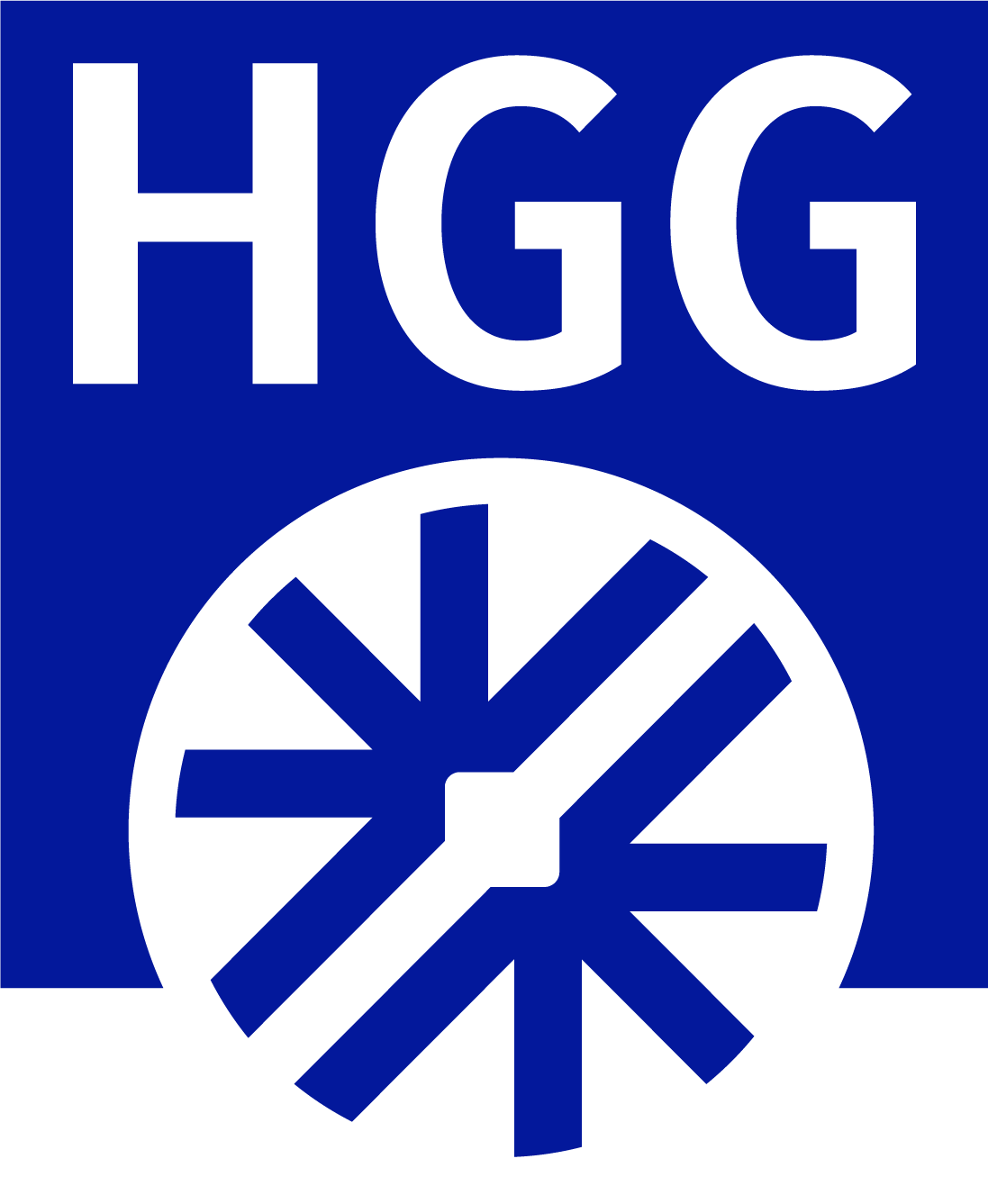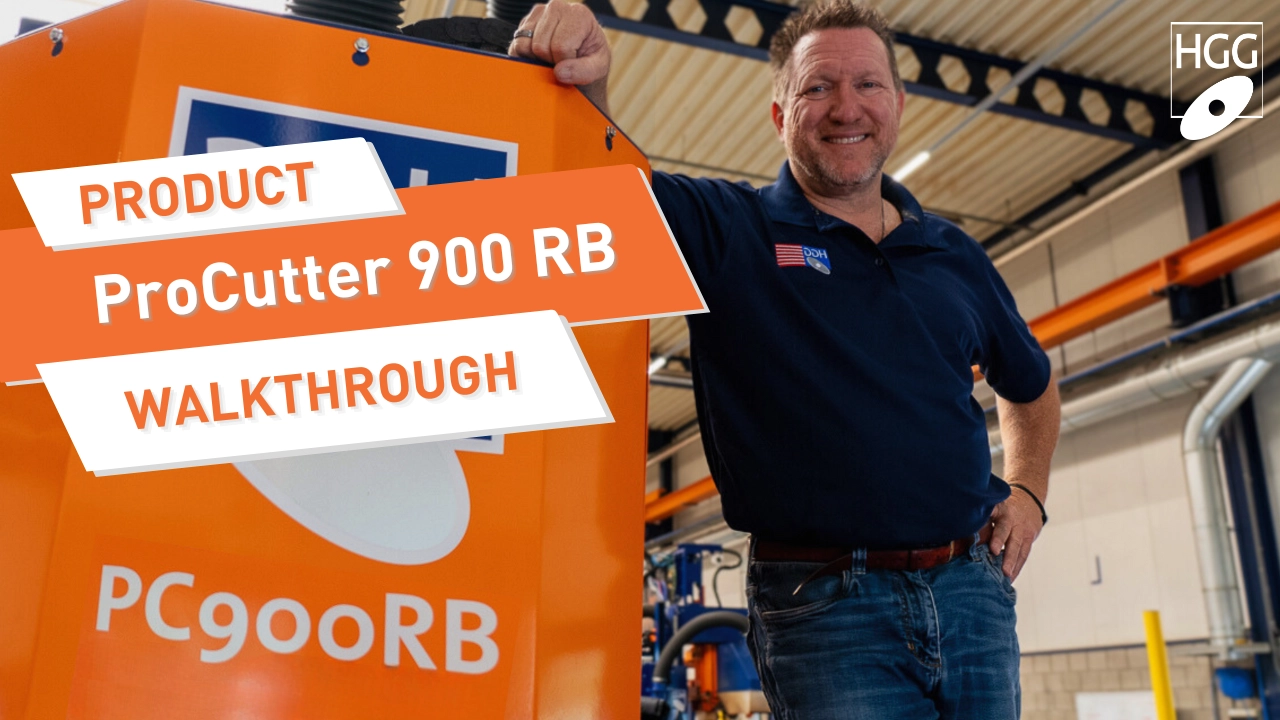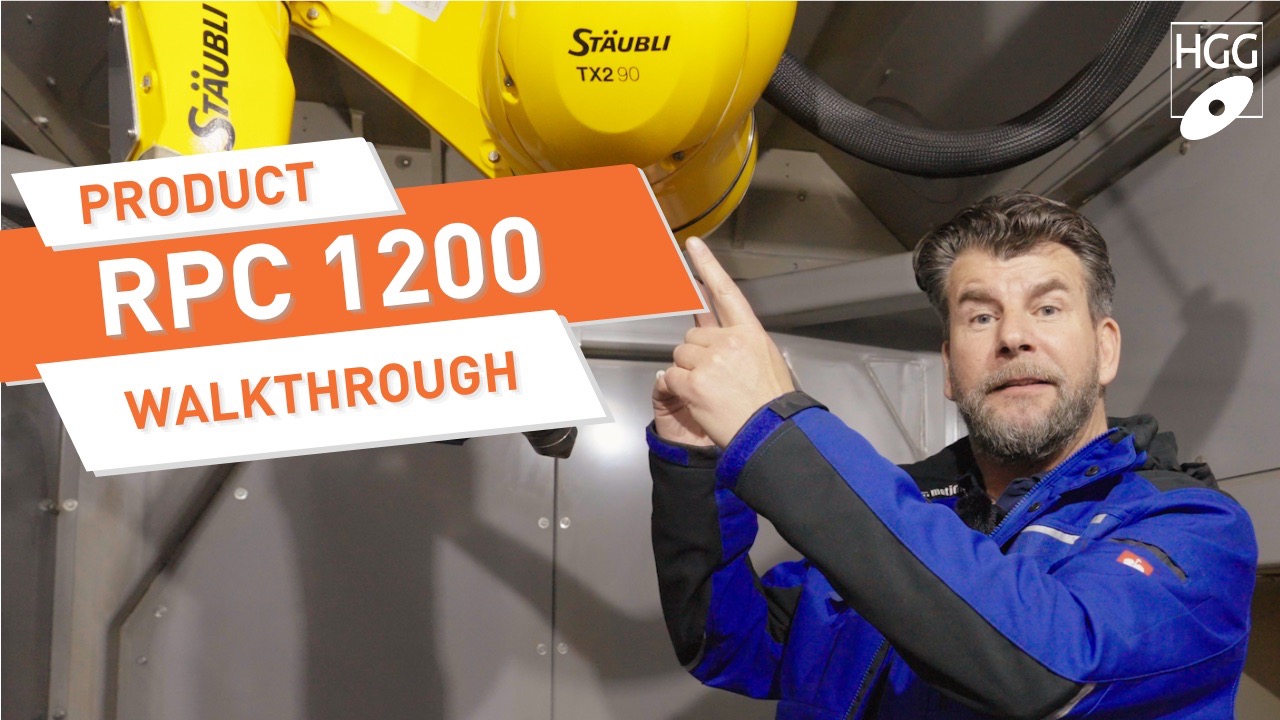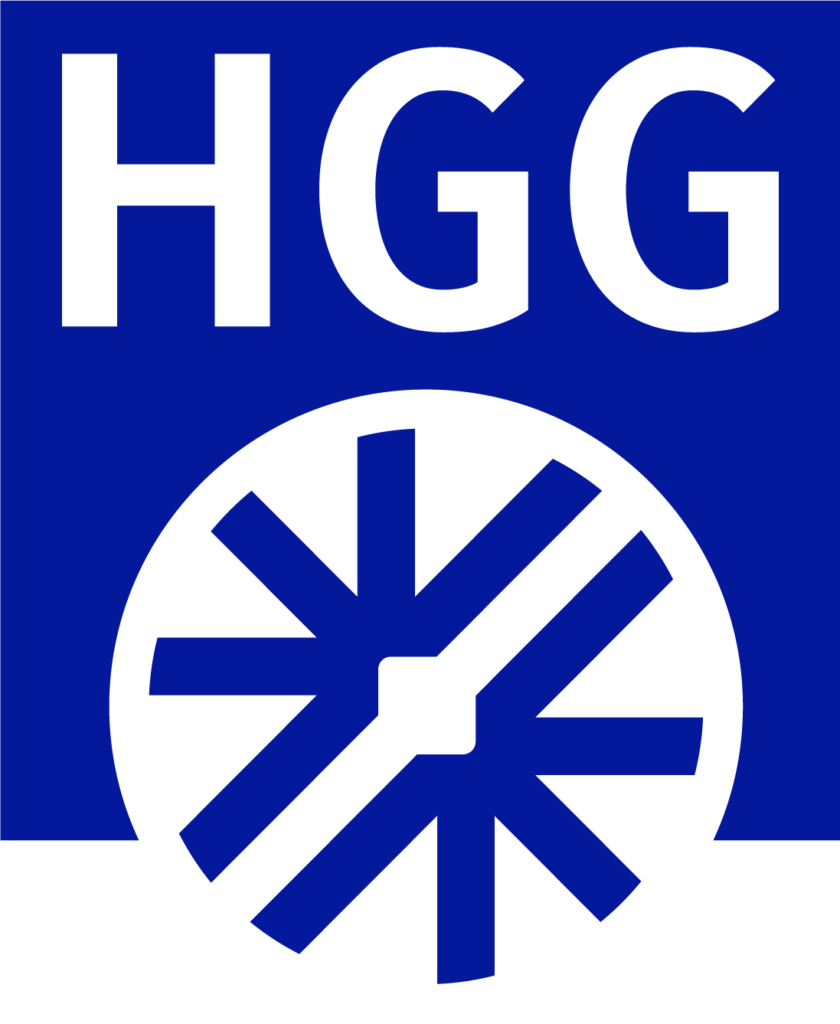In the article entitled ‘Winning Practices for Improving your Production Process’ we helped you answer the question: “To improve production efficiency should we invest in automation or should we outsource our cutting?” In this article you’ll read about automation best practice investments to increase productivity.
The case study in this article details the story of Kurganstalmost, a Russian market leader in metal superstructures. Kurganstalmost realized significant productivity gains after investing in automation by purchasing cutting equipment.
From fabricating bridges to major sports stadiums
Kurganstalmost JSC (Russia), a market leader in metal superstructures, recently shifted its focus from fabricating bridges to major sport stadiums. The company was granted an opportunity to become a key player in providing tubular steel structures for 2018 World Cup sport stadiums. This was an opportunity not to be missed. The Samara stadium was the first in a series of stadiums that the company will fabricate for the World cup in 2018. Its rooftop structure, a unique construction made of 13,500 tubular parts, has a one of a kind dome-shaped roof design that covers both the calotte and the seats.
From manual to automation
Prior to the Samara stadium project, Kurganstalmost relied on traditional and dated fabrication processes. No longer able to handle huge volumes and complex design with technology imposing limitations, Kurganstalmost started exploring process automation solutions.
“When we received the order for the Samara stadium, we realized that we could no longer manage using dated tools. This was a new task that required our company to deal with much more complex objects than before” according to Konstantin Raznoglyadov, Senior Engineer at Mostproject LLC.

Fabrication Glory
Tubular structures large volumes and complex design no longer a problem
To take this extra step towards process automation, Kurganstalmost opted for advanced technology solutions from two market leaders – Tekla/Trimble and HGG. The integration of BIM software – Tekla Structures, with the HGG pipe cutting machine SPC 1200 PT, resulted in numerous productivity gains for Kurganstalmost.
Made with Tekla
All data from the information-rich Tekla models, including much more than just geometry, were seamlessly transferred to the HGG pipe cutting machine via HGG’s post-processing ProCAM software. The connection between Tekla Structures and HGG pipe cutting machines results in ready-to-weld parts for complex tubular structures as predefined in the model. “As a result, we now have parts which are exactly matching the geometry in the 3D model. It is also very easy and simple to use. All actions are accomplished with only 1 click.” confirms Sergey Medvedev, responsible for work preparation.
By using BIM, quick changes are now made at the design stage, which also eliminates the chance of defects during fabrication. Once the cutting file is transferred from Tekla to HGG’s ProCAM, fine-tuning changes are also easy, for example changes to the cutting angle.
Welder and assembler Vyacheslav Kurlov highlighted the benefits, “We can now guarantee a consistent root opening at the weld joint, which in-turn has a positive effect on the quality of welding. Also it reduces the workload, we no longer need any improvements or adjustments.“ As a result of Kurganstalmost witnessing those productivity gains, the company purchased a second HGG pipe profiling machine, an SPC 660 –1200 RB pipe cutting line.

How will you improve your departments production efficiency?
In this article you have read how Kurganstalmost found their solution in investing in automation. Read the related article ‘Outsource Cutting to Improve Production Efficiency’ to find out how the Dutch based company Hollandia realize better production efficiency by outsourcing the cutting process.
But now, how will you improve your departments efficiency? Contact HGG for free professional advice to find out what will be the best solution for your department.
